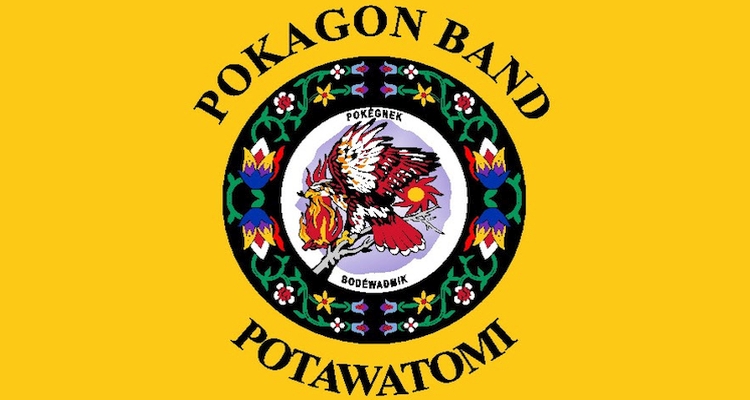Last week the Pokagon Band of Potawatomi Indians chairman said that a new casino law, which has been approved by the General Assembly, prevents Governor Mike Pence from good faith negotiations with the tribe on a compact and that voids the need to have such an agreement. The Tribe is looking to build a casino in South Bend.
John Warren, the Tribal Chairman said that the law, which specifies the process for the state to enter into a compact, is in violation of the Indian Gaming Regulatory act as it contains stipulations on what the compact needs to include.
Administrative spokesperson Kara Brooks for the governor said that they are reviewing the options at a federal and a state level in regards to the South Bend casino that is being built.
The Federal Bureau of Indiana affairs are reviewing the proposed build of a tribal village, casino, 500 room hotel and medical facility. The Tribe is centered in Michigan, about 25 miles from South Bend and already runs three casinos.
Tribal Chairman Warren is under the belief that the state law now violates the federal law as it specifies that the compact needs to include terms about the management of the tribe’s gaming operation, the games that are offered and the regulation and administration of these games, revenue sharing with the state and local governments, the infrastructure and site improvements and that the compact will need the approval of the General Assembly.
The Dean of the University of North Dakota School Of Law and co-director of the Institute for the Study of Tribal Gaming Law and Policy, Kathryn Rand said that she believes the law simply adds requirements, but doesn’t replace federal requirements. According to Rand there may be a problem as a compact needs to include revenue sharing and the state will need to provide the tribe something in exchange. This will need to be in line with the revenue that the tribe has agreed upon, not some sort of “tax.”
Warren went on to predict that if this law is not changed then the BIA will draw up a compact that will define the relationship of the gaming between the tribe and state.



